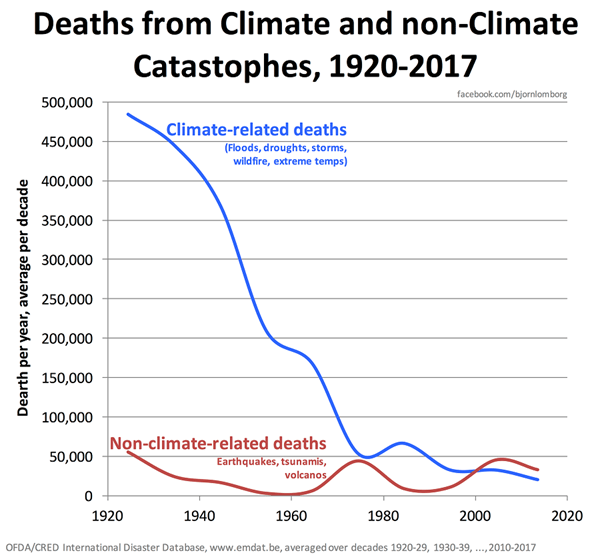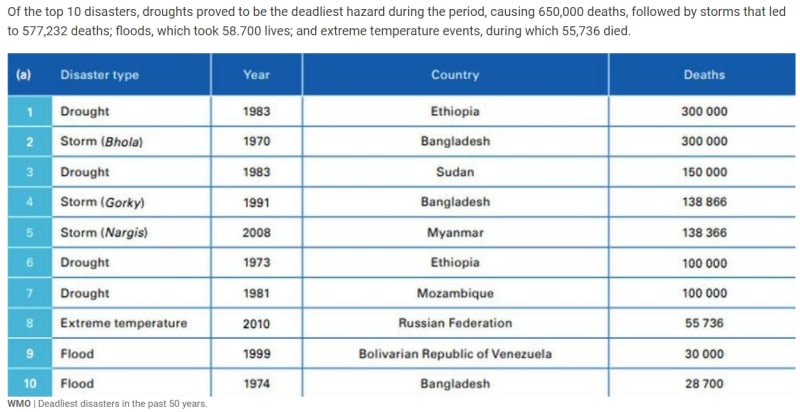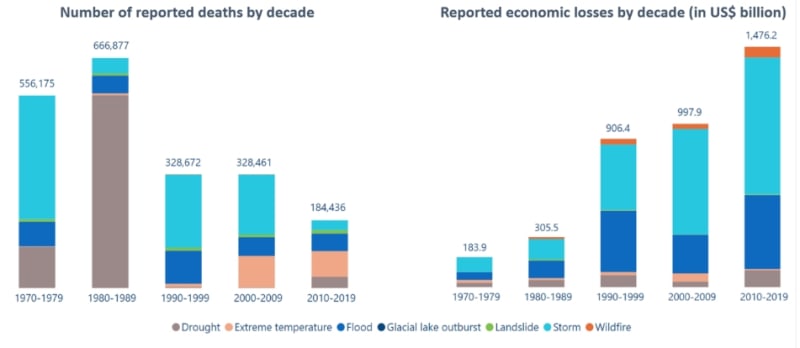GregLocock
Automotive
Arctic was warmer in summer 10000 years ago
The Aarhus University conducted a study that confirms sea ice disappeared from the Arctic during the summer months during the early Holocene – 10,000 years ago.
Researchers from Aarhus University, in collaboration with Stockholm University and the United States Geological Survey, analyzed samples from the previously inaccessible region north of Greenland. The sediment samples were collected from the seabed in the Lincoln Sea. They showed that the sea ice in this region melted away during summer months around 10,000 years ago.
The research team concluded that summer sea ice melted at a time when temperatures were higher than today.
“Climate models have suggested that summer sea ice in this region will melt in the coming decades, but it’s uncertain if it will happen in 20, 30, 40 years, or more.
GL: The Holocene optimum is rarely mentioned by the CO2 catastrophists, since quite obviously if the world was warmer with low CO2 then there are other effects which are not fully understood that made it was warmer then, and could easily be why it is warmer now. Correlation is not causation and all that.
Cheers
Greg Locock
New here? Try reading these, they might help FAQ731-376
The Aarhus University conducted a study that confirms sea ice disappeared from the Arctic during the summer months during the early Holocene – 10,000 years ago.
Researchers from Aarhus University, in collaboration with Stockholm University and the United States Geological Survey, analyzed samples from the previously inaccessible region north of Greenland. The sediment samples were collected from the seabed in the Lincoln Sea. They showed that the sea ice in this region melted away during summer months around 10,000 years ago.
The research team concluded that summer sea ice melted at a time when temperatures were higher than today.
“Climate models have suggested that summer sea ice in this region will melt in the coming decades, but it’s uncertain if it will happen in 20, 30, 40 years, or more.
GL: The Holocene optimum is rarely mentioned by the CO2 catastrophists, since quite obviously if the world was warmer with low CO2 then there are other effects which are not fully understood that made it was warmer then, and could easily be why it is warmer now. Correlation is not causation and all that.
Cheers
Greg Locock
New here? Try reading these, they might help FAQ731-376


![[pipe] [pipe] [pipe]](/data/assets/smilies/pipe.gif)



![[wink] [wink] [wink]](/data/assets/smilies/wink.gif)

